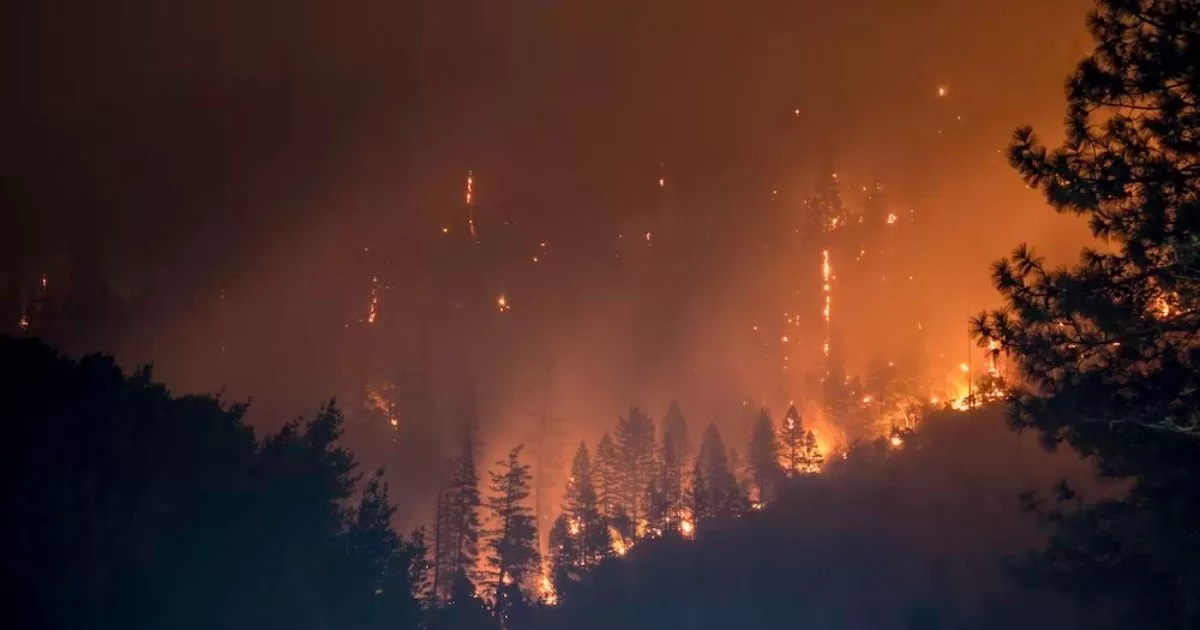MIAMI.- The lives and health of billions of people around the world are increasingly threatened due to the effects of climate change, so The average human life expectancy at birth could be reduced by half a year, warns a study led by researcher Amit Roy.
Roy, Shahjalal University of Science and Technology, Bangladesh, and the New School for Social Research in the United States (NSSR, for its acronym in English), points out that climate change results in increased temperatures, anomalies in precipitation and an increase in the frequency and intensity of extreme phenomena that include intense droughts, water shortages, fires. severe storms, rising sea levels, floods, melting polar ice, catastrophic storms and declines in biodiversity, which threaten health by affecting food, water, air and climate.
Between 2030 and 2050, climate change is expected to cause approximately 250,000 deaths per year and cost $4 billion in lost global income per year.
6 month reduction
According to findings published in the journal ‘PLOS Climate’ it is estimated that an increase of 10 points in the composite climate change index, which takes into account both temperature and precipitation, reduces average life expectancy by 6 months.
They found that if global temperature rises 1 degree annually, the average decrease in human life expectancy will be about 0.44 years, or about 5 months and 1 week..
He also indicated that alterations in temperature and rainfall levels are already evidence of climate change and cause public health problems. Some can impact directly, such as floods and heat waves, and others are indirect but equally devastating through environmental alterations, which cause, among other effects, respiratory and mental illnesses.
Women, more affected than men
The results further showed that these effects can vary depending on factors such as geographic location, socioeconomic level, and access to resources. The Women’s life expectancy would be disproportionately more affected than men’s.
Older people and those who live in developed countries will have a lower life expectancy than young people and people in developing countries, according to the study.
To determine the effects of climate change on life expectancy, experts evaluated average temperature, precipitation and life expectancy data for 191 countries between 1940 and 2020, using GDP per capita to control for drastic differences between countries.
They measured the isolated impacts of temperature and precipitation, designing a composite climate change index, the first of its kind, that combines the two variables to measure the overall severity of climate change and the direct pathways by which it is related to health. .
A public health crisis
The team of scientists highlighted that the global threat that climate change poses to the well-being of billions of people “underlines the urgent need to address it as a public health crisis, as this study reveals. “Therefore, countries should present immediate initiatives to contain the rise in global temperature and protect the health of the population.”
“Adaptation measures and building resilience are crucial to protect human health in a warming world. This situation demands public health measures, disaster preparedness and improvements in health infrastructure to increase resilience and reduce health risks associated with climate change,” he said.
According to Roy, it is extremely essential to reduce greenhouse gas emissions and adapt to a changing environmentto minimize these public health risks.
Likewise, it is considered important to recognize certain limitations associated with estimating the climate change index, particularly when considering various scenarios that encompass fluctuations in both temperature and precipitation.
They expect a global treatment of the problem
Roy is hopeful that the composite climate change index will standardize the global conversation about the issue, that it “becomes a usable metric for the non-scientific public and encourages collaboration and even friendly competition between countries to combat the impacts of change.” climate”.
It recommends future localized studies that consider specific severe climate events, such as wildfires, tsunamis, and floods, whose impacts cannot be fully captured by analyzing temperature and precipitation alone.
@Lydr05
Source: With information from the magazine PLOS Climate and La Vanguardia



